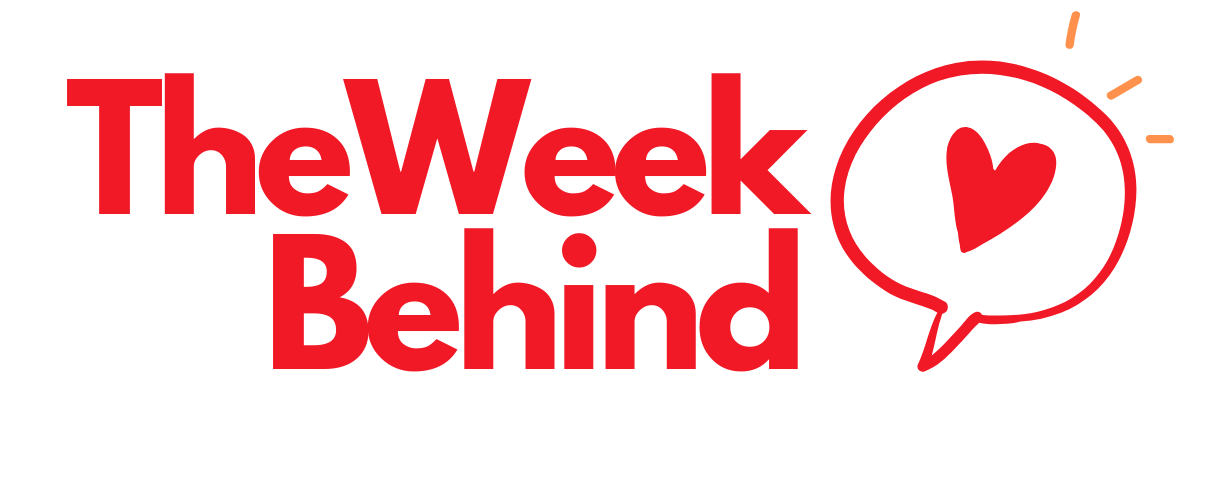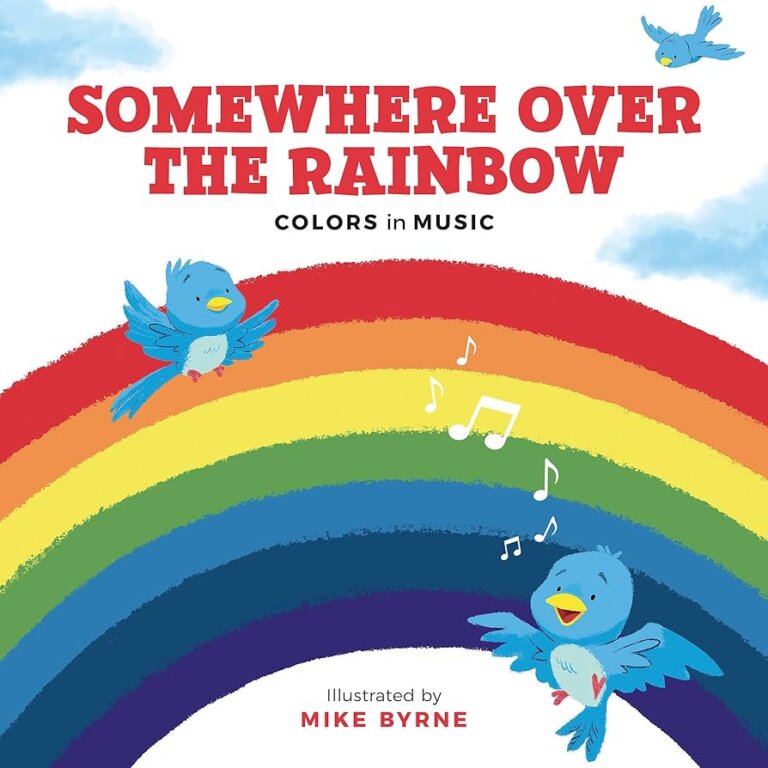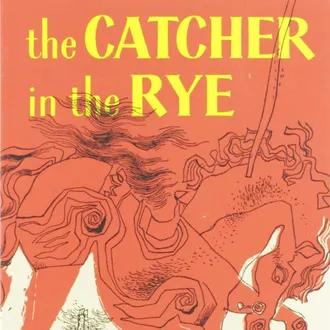The year was 1938, nine years into the Great Depression. America had crawled back from the depths of disaster when as many as one in four workers were unemployed to reach an unemployment rate of 15 percent in 1936, only to see another manufacturing dip drive it back up.
In a depression that looked to have no end, Yip Harburg sat in his Los Angeles living room writing lyrics for a new MGM blockbuster––the movie that would take the studio from black & white to Technicolor––called The Wizard of Oz.
Harburg was known to have a facile touch for light musicals, having penned the words to dozens of Broadway show tunes. He’d written “It’s Only a Paper Moon” with Billy Rose and Harold Arlen, “April in Paris” and music for The Golddiggers of 1937. Working with Arlen, he sketched out some words he thought Dorothy might sing in her forlorn, tornado-wracked Kansas just before she is whisked away to the colorful world of Oz:
Somewhere, over the rainbow, way up high
There’s a land that I heard of
Once in a lullaby.
Somewhere, over the rainbow, skies are blue.
And the dreams that you dare to dream
Really do come true.
Someday I’ll wish upon a star and wake up where the clouds are far
Behind me.
Where troubles melt like lemon drops,
Away above the chimney tops.
That’s where you’ll find me.
Somewhere, over the rainbow, bluebirds fly.
Birds fly over the rainbow,
Why then – oh, why can’t I?
The Making of The Wizard of Oz
The Wizard of Oz had antecedents that went back long before the Depression. It was based on a 1900 children’s novel by L. Frank Baum that some historians believe recounts his boyhood exploits in Chicago’s Humboldt Park. Hollywood was looking for fantasies (and screwball comedies), but the movie went through a variety of permutations during its production. By the time it was released in 1939, more than a dozen writers, four directors and various studio executives had a hand in it. Harburg and Arlen were the only consistent force throughout. They wrote all the songs and rewrote many of the scenes to fit into their musical interpretation.
In Harburg’s eyes, The Wizard of Oz was a fable about the Great Depression. The wizard was FDR, the all-powerful man behind the curtain everyone wanted to solve all of America’s problems. The Munchkins were the proletariat army standing by to do their part. The scarecrow, the tin man and the cowardly lion were the demoralized farmers, disheartened industrial workers and bankers who had lost their courage waiting alongside the yellow brick road for something good to happen.
Their redemption, spurred by Dorothy’s drive to find her way home, comes at the end only when they recognize they have the brains, heart and courage within themselves to change their own circumstances––if they work together to help each other out.
As Morris Dickstein writes in his new book “Dancing in the Dark,” The Wizard of Oz “begins in a monochromatic world of rural poverty, spiced by ill will (Miss Gulch’s hatred of Toto, Dorothy’s dog) and then disrupted by natural disaster.”
As Dorothy and her companions make their way to Oz, they learn the lesson Roosevelt preached in his 2nd inaugural address: “In every land there are always at work forces that drive men apart and forces that draw men together. In our personal ambitions we are individualists. But in our seeking for economic and political progress as a nation, we all go up, or else we all go down, as one people.”
Lose The Rainbow
Louis B. Mayer, the powerful head of MGM studios, was less enthralled with the depression analogy and more concerned with having a hit. During a preview, Mayer suggested cutting “Over the Rainbow” because he thought the song slowed the picture down and “our star sings it in a barnyard.” The movie’s executive producer Arthur Freed talked him out of it, and, although The Wizard of Oz lost out to Gone with the Wind for the best picture Oscar, Harburg and Arlen’s “Over the Rainbow” won for best song.
Who Is Yip Harburg?
So who is Yip Harburg? He was born Isadore Hochberg in 1896 to Russian immigrant parents who lived in the poverty-stricken lower east side of New York. Because he was constantly clowning around, he was nicknamed “Yipsel” (Yiddish for squirrel). The name stuck with him for the rest of his life in the foreshortened version, Yip.
To help out his parents, Harburg found work as a boy stuffing jars in a pickle factory, selling newspapers and lighting gas lamps along the East River. His parents sent him to an experimental high school for gifted students where, because the teacher sat students in rows by alphabetical order, he found himself next to Ira Gershwin. After school, Gershwin invited Harburg over to listen to Gilbert & Sullivan operas on his family’s Victrola––the equivalent in its day of playing Xbox games on a high-def television––and they would make up little tunes together to amuse themselves.
Harburg graduated from high school at the height of World War I. Not wanting to fight in a capitalist army, he went to Uruguay for three years, working occasionally as a journalist, but more often unemployed. He returned to the United States in 1921, got married, had children and soon started his own electrical appliance company. In the stock market crash of 1929, his company went bankrupt and he wound up $50,000 in debt.
Throughout the 1920’s, Harburg and the Gershwin brothers continued to write little ditty poems that the New York daily newspapers, then 26 strong, ran alongside news stories to bolster circulation. After Harburg’s company went bust, the Gershwins encouraged him to write songs for Broadway revues. The first of these with composer Jay Gorney ran in a 1929 show called Earl Carroll’s Sketch Book.
Three years later, Harburg and Gorney teamed up again to write a song for a 1932 revue called New Americana based on a Russian lullaby Gorney remembered as a young child. Gorney had tried with another writer to turn it into a torch song. “Once I knew a big blonde, and she had big blue eyes” it began. Harburg recast it as a song about bread lines:
Once I built a railroad, made it run,
Made it race against time.
Once I built a railroad, now its done.
Brother, can you spare a dime?
“Brother, Can You Spare a Dime?” became the national anthem of The Depression. FDR considered using it as his campaign theme, radio stations played it constantly, and Harburg’s career was off to the races.
No Good Deed Shall Go Unpunished
Harburg followed The Wizard of Oz with a string of other successes: Ship Ahoy, Cabin in the Sky and Can’t Help Singing in the movie theaters, Bloomer Girl and Finian’s Rainbow on Broadway.
Then in 1947, the House Un-American Activities Committee began its investigation into communist influence in the motion picture industry. The committee interviewed 41 people and one actor, Robert Taylor, complained about lyrics Harburg had written for his film A Song of Russia.
Red Channels, a right-wing group dedicated to eradicating the red menace, included his name in a list of 150 writers, directors and others they suspected of communist sympathies and sent it around to all the Hollywood studios, at which point he was blacklisted.
“As the writer of the lyric of the song ‘God’s Country’, I am outraged by the suggestion that somehow I am connected with, believe in, or am sympathetic with Communist or totalitarian philosophy,” Harburg wrote the HUAC in 1950. But it did little good. From 1951 to 1961, he was not invited to work on any studio movies.
The Aftermath
Harburg continued writing for musicals in New York, though the shows were less prominent. In 1962, he made his return to the film screen writing songs for the animated movie Gay Puree starring, once again, Judy Garland. In 1968, he also wrote the song “Silent Spring” to commemorate the death of Martin Luther King.
Harburg lived his life much as he advised others to do in The Wizard of Oz, with hope and determination. One of the more telling, but less well known, songs in the movie comes as Dorothy and her companions approach the gates of Oz. Harburg called it “Optimistic Voices”:
You’re out of the woods
You’re out of the dark
You’re out of the night
Step into the sun, step into the light
Keep straight ahead
For the most glorious place
On the Face of the Earth
Or the sky
Hold onto your breath
Hold onto your heart
Hold onto your hope
March up to the gate
And bid it open
“I am one of the last of a small tribe of troubadours,” he once said, “who still believe that life is a beautiful and exciting journey with a purpose and grace which are well worth singing about.”
Yip Harburg died in 1981 at the age of 84 in a car accident in Los Angeles.



